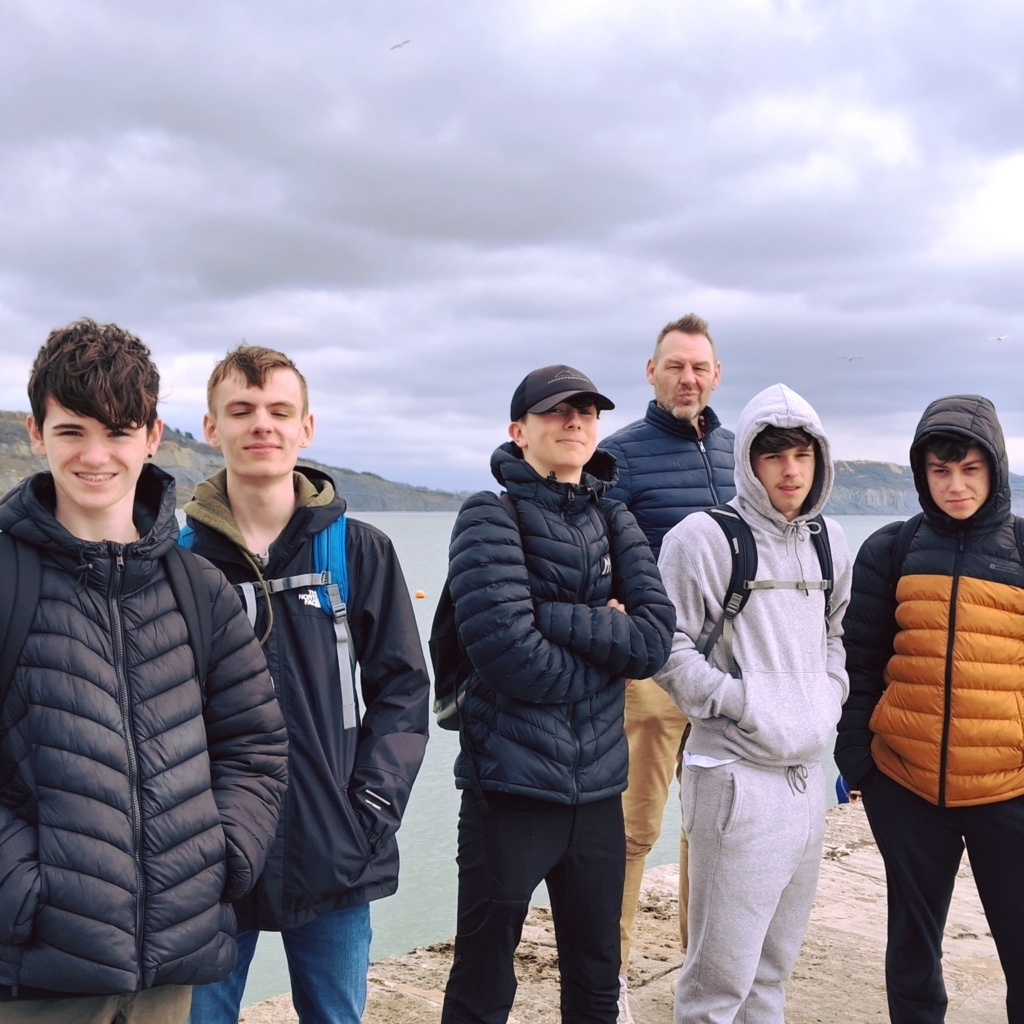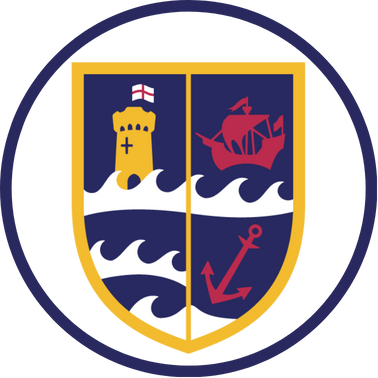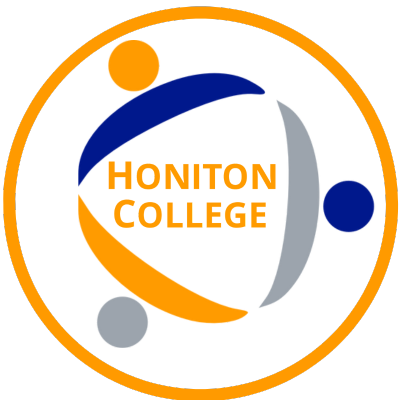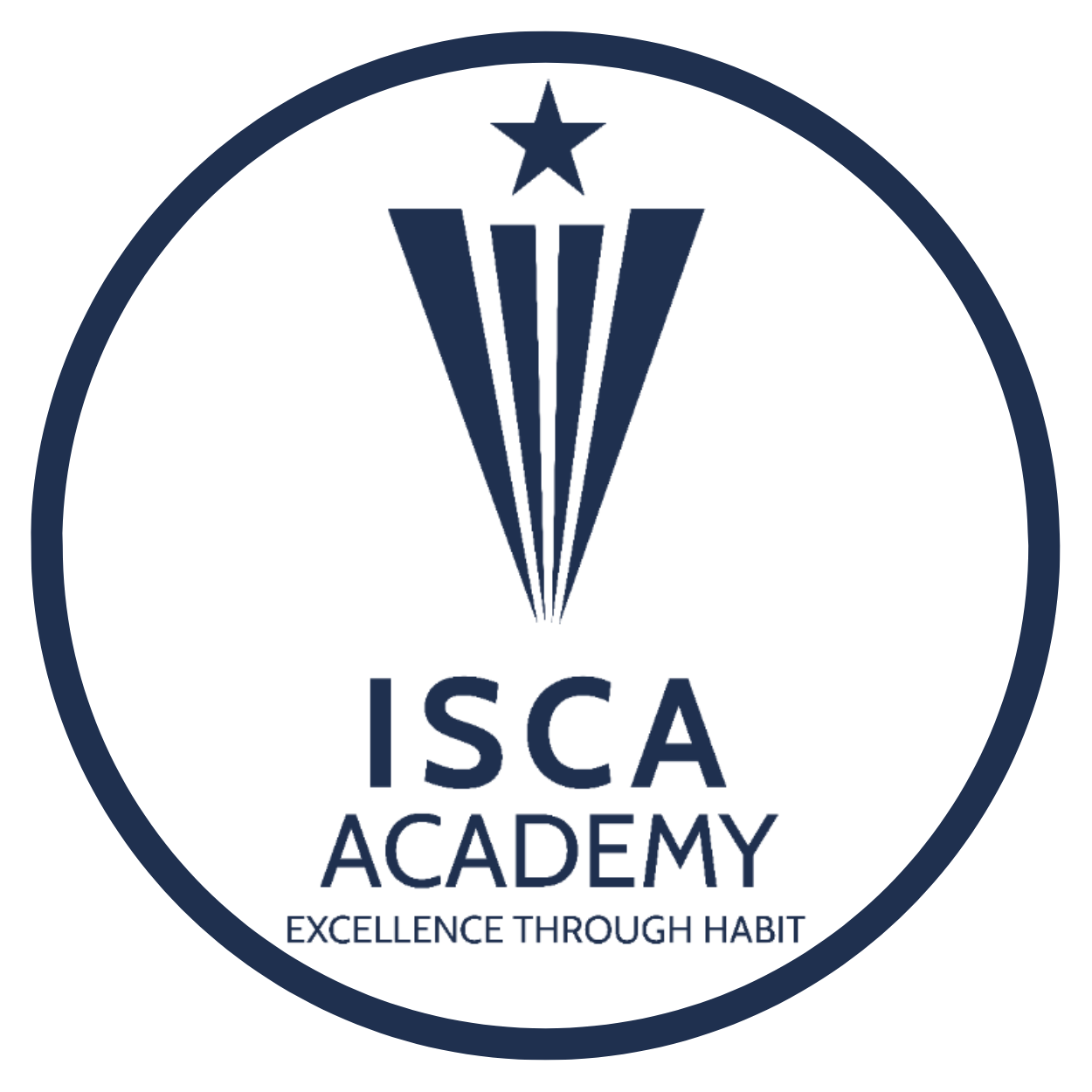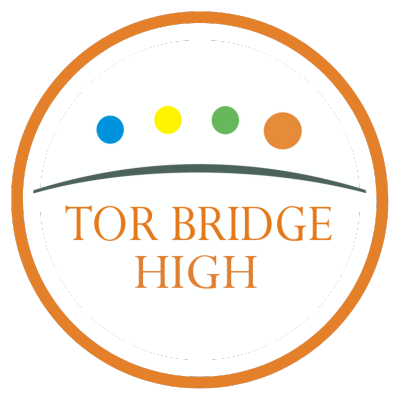Tor Bridge High Students Experience Coastal Erosion Firsthand on Lyme Regis Field Trip
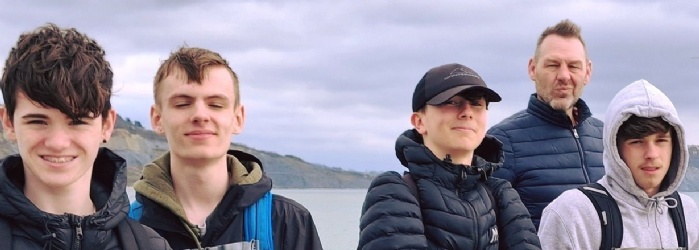
A group of Year 11 students from Tor Bridge High have taken their classroom learning to the coastline of Lyme Regis to explore the real-world impact of coastal erosion.
The visit formed part of their geography curriculum and gave students the chance to witness first-hand the natural processes and human interventions that shape our coasts. Students observed visible signs of erosion and investigated the effectiveness of coastal defences such as sea walls, rock armour, and managed retreat zones. The hands-on experience helped bring textbook theory to life, deepening their understanding of environmental management and coastal sustainability.
Lyme Regis is geographically famous for its dramatic coastline, which forms part of the Jurassic Coast, a UNESCO World Heritage Site. This area is renowned for its rich geological history, offering one of the most complete records of the Mesozoic Era, spanning over 185 million years.
The cliffs around Lyme Regis are particularly well known for their abundance of fossils, including those discovered by pioneering fossil hunter Mary Anning in the 19th century. In addition to its paleontological significance, Lyme Regis provides a striking example of coastal erosion and management, with landslides and cliff retreat shaping the landscape and prompting the implementation of various coastal defence strategies—making it a key location for geography education and fieldwork.
At Tor Bridge High, which is part of the Ted Wragg Trust, the geography curriculum is designed to create globally-minded citizens. Students explore both historical and contemporary issues on local, national, and global scales—linking Plymouth’s unique geography with wider global patterns such as migration, climate change, and sustainability.
The curriculum covers diverse topics including biomes, population, tectonics, urbanisation, development, and resource management. There is a strong emphasis on fieldwork, with trips allowing students to see geography in action. By combining rigorous academic content with experiential learning, the programme aims to inspire students to become informed, active participants in shaping a more sustainable and equitable world.
Tracy Stephenson, Headteacher at Tor Bridge High, said:
"Seeing our students engage so enthusiastically with the landscape and ask thoughtful questions about sustainability and climate resilience was incredibly rewarding. Opportunities like this help shape their learning in meaningful ways."
Moira Marder, CEO of the Ted Wragg Trust, said:
"At the Ted Wragg Trust, we believe in inspiring education beyond the classroom. This trip not only supported curriculum learning but also encouraged our students to think critically about the world around them."
